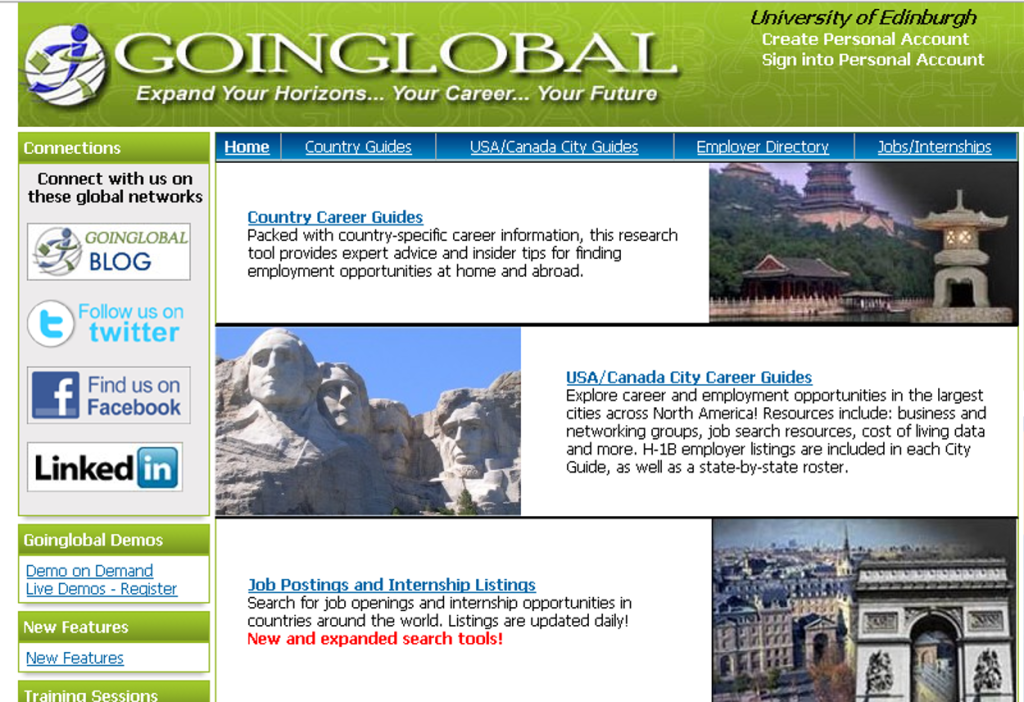The money maestros at Save the Student suggest a plan to get you what you’re worth. Ruth Bushi takes a look at how to make your career pay.
- Pick a path
Salaries on offer can vary enormously. Even new graduate starting salaries are like the proverbial piece of string: right now, salaries for UK graduates fall anywhere between 16 grand and a whopping £70k.
Interestingly, it’s not just about studying ‘the right’ subjects, but also which career path you follow. Use an English degree for journalism and you could be looking at as little as £12,000 in your first year of work. Switch to teaching and you could almost double that. Or jump ship entirely for Aldi’s grad training scheme and you could drive away – in a company car – with £42k.
Whatever you study, there could be a career path out there littered with fast cars, big money and international travel. In reality, while there are routes and roles that could earn you a bit more, the smart advice is picking things you enjoy, make you happy and want to do for the long term. If you’re more likely to work hard because you love your job, the pay can catch up – but only you can decide which is more important (and focus on nailing it).
- Know your worth
Researching your chosen industry, pay scales and career progression is a no-brainer but, as well as helping you pick a vocation, it can show where you fit into the bigger picture when you start applying for jobs.
- What do other graduates / professionals in your field get paid for similar roles? Look at salary surveys and job profiles to get an idea of starting pay – (perhaps start with the Careers Service’s guide to occupations)
- Does your field pay more for specialist training or experience, and would it help if you got some? Is your postgraduate degree addressing this? A career mentor can help if you need insider advice. (Connect.ed on the Careers tab on your MyEd portal is one way to find alumni who may be able to help.)
- Do your skills deserve a premium? Are you missing any essential criteria (and can you get them)? Read job ads, including more senior roles, to see what training or experience could boost your pay.
- Double-check the salary on the job description (or call ahead and ask for it). Will the money cover your living costs – how will you manage if it doesn’t?
- If the money’s nothing to write home about, do the company, colleagues and opportunities make it a good investment anyway? Whatever your ‘spidey sense’ tells you – listen to it.
- Stand out from the crowd
It stands to reason that the bigger the talent pool, the slimmer the salaries on offer. If you’ve got your heart set on a popular and not overly specialised career, lower wages can be the trade-off (film and TV ‘runners’ are often paid nothing when they start out because there’s no shortage of candidates jumping at the bit). Training and experience can help you leapfrog your way up the career ladder: the higher you get on, the more you’re likely to earn.
Get networking – locally or online (you can even look at profiles of people you rate on LinkedIn) – to find out what qualities folk at the top have capitalised on, and ask how they got them.
- Ask for more
Once you’ve got a job offer on the table, check that the salary is fair, reasonable, and matches what you’re bringing to the party (have another look at ‘Know your worth’ above). If it isn’t, this is the perfect time to ask for a bit more.
Here are some tips that can help:
- Ask to see the salary range before you apply: there’s little point for asking for something way beyond the company purse
- Know the going rate for your industry (start with the links in ‘Pick a Path’) so you’ve got a clear idea of what to ask for
- Make a strong case for why you deserve more, especially any experience, skills, training or solutions you’re bringing to the company
- If the pay doesn’t reflect the location (and commuting costs or rent as a result), you could ask for something to cover the extra expense of getting to work.
The salary offered often isn’t as high as it could be simply because people just don’t ask. Women are even less likely to negotiate (and also likely to earn less over their careers than men doing similar roles). Either way, it’s important to learn how to negotiate effectively.
- Don’t forget the full package
If your employer can’t offer you any more cash, it’s always worth finding out what else could sweeten the deal:
- Training, whether on the job or externally certified, can boost your net worth later on
- Health insurance or gym membership
- Perks, from company cars to time-out for volunteering
- Their pension scheme (it’s always good to plan longer term!)
You might also want to find out how soon you can pitch for promotion or a pay rise.
Salaries, like house prices, usually go up over time – even without a career plan or Mafia-style negotiation skills. Knowing what you want can certainly help you earn more – but big bucks aren’t the be-all of working life. Finding something you enjoy, learning cool stuff and working with fun people can all be worth just as much. Also be aware that your attitude to work and your colleagues can do just as much to inflate your salary as your CV can.
It’s often good to take the long term view. If you wring the most out of your opportunities – financial or otherwise – you’ll get the bigger pay-off.
Happy hunting!


